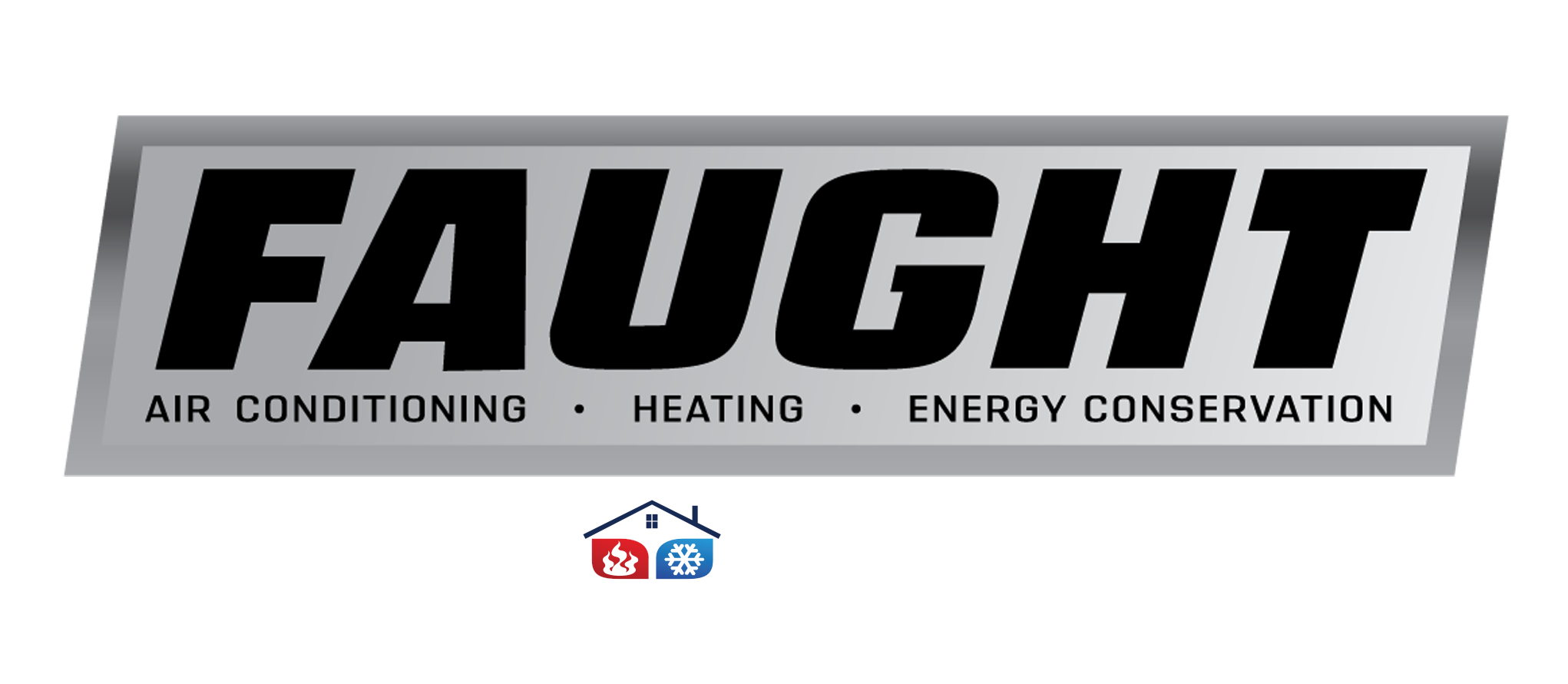For homeowners in Austin, finding a way to beat the heat is always a top priority. But what about humidity? With significant investments made in reliable, efficient cooling equipment, it’s important to understand how consistent exposure to moisture affects the functionality of air conditioning systems.
Humidity is never a friend to moving equipment. High levels of moisture subject machinery to expedited wear, create the perfect conditions for bacterial and fungal growth and cause motors to overheat. Given that Austin is a coastal city, high humidity is a constant.
Your Air Conditioner Works Harder in High Humidity
When AC manufacturers calculate the lifespan of home cooling equipment, they generally do so by accounting for an average amount of use and wear. In Austin, many air conditioners are run non-stop in the late spring and summertime, especially in households with housebound residents, telecommuting workers, or students who learn online.
As such, air conditioners in Austin already see inordinate amounts of use and wear. Humidity only further compounds these things. That’s because modern air conditioners aren’t just built for cooling. They serve the dual purpose of regulating both indoor temperatures and indoor moisture levels. When humidity or moisture levels are high, it only makes sense that air conditioners have to work much harder.
Worse still, humidity makes the indoor air feel warmer. This creates additional work for air conditioners as they struggle to reach and maintain the desired temperature according to the thermostat setting. When excess humidity isn’t effectively removed by an air conditioner, homeowners will be paying for more energy and significantly decreasing the lifespan of their cooling equipment, even without enjoying the benefits of a comfortable living environment.
Outdoor Humidity Can Lead to a Dirty Condenser
Excess humidity can be created in a number of ways. Even on especially dry days, it’s still possible to have a humid home. This might be the result of cooking, long baths or showers, a large number of residents, a poorly vented clothes dryer or dishwasher, or poor natural airflow. These are factors that homeowners can improve upon and control to some extent.
Outdoors, however, is another matter entirely. There’s no way to limit how humid the outside weather is, but it is possible to understand its effects and take steps to mitigate them. Excessively humid outdoor air tends to carry large amounts of dirt, dust, and other debris. This is especially true if your yard or your neighbor’s yard has yet to be landscaped or if you live near a freeway or any other high-traffic road, which is common in Austin. This debris has a direct impact on the functioning of your air conditioner’s outdoor unit by getting trapped on its coils and fins. With longer operating times, the resulting buildups can lead to overheating and many other issues.
How to Protect the Outside Condenser From Humidity-Related Damage
During any especially humid season, it’s best to have your condenser professionally maintained and cleaned according to the recommendations of your AC’s manufacturer or your regular HVAC technician. Removing the build-up of debris will make the entire system more efficient. It can also play a hand in lowering your summertime energy bills.
You should additionally make sure that the condenser isn’t blocked by the overgrowth of nearby shrubbery, weeds, or other foliage as these things can contribute to overheating and inefficiency as well. Whether performed by you or handled by HVAC professionals, a thorough condenser cleaning will both remove troublesome buildup and mist the coils. For condensers, coil misting is about the same as receiving a cooling breeze when feeling hot and sweaty.
Does Your Austin Home Need a Dehumidifier?
If your home is consistently humid, installing a dehumidifier will provide a range of benefits. In addition to decreasing the lifespan of your air conditioner due to expedited wear and increased demand, excess humidity can take a serious toll on building materials and on your stored belongings. Humid households are far more likely to struggle with mold, mildew, and other pervasive growths than are homes with balanced interior moisture levels.
Several signs that your indoor environment is too humid include:
- Constantly foggy, or “sweaty,” windows
- Warping or other structural changes in floorboards, baseboards, or other building materials
- Hot, heavy, uncomfortable air even when the air conditioner is running full blast
- Damp, musty odors
- Residents with persistently clammy-feeling skin
Depending upon the cause of the higher humidity levels, you might try:
- Upgrading the insulation in the building
- Cleaning or replacing your bathroom exhaust fans
- Improving or cleaning your kitchen’s exhaust and ventilation system
- Checking the venting for your clothes dryer
If these measures fail or if they simply aren’t enough, consider having a whole-house dehumidifier installed. Moderating indoor humidity levels will create a more comfortable, enjoyable environment for everyone. It will also take the pressure off of your air conditioner to regulate humidity on its own. If anyone in your household has allergies, asthma, or any other respiratory issue, a dehumidifier can prevent humid living conditions from exacerbating their symptoms. Balancing out indoor humidity levels is even a great way to get rid of pervasive, musty odors so that carpeting, drapes, and upholstered surfaces always smell fresh.
High Humidity as the Result of Poorly Sized Cooling Equipment
Problems with excess humidity in the home are sometimes the result of poorly sized cooling equipment. When homeowners tackle HVAC installation themselves or hire unlicensed handymen, they’re often wont to buy the largest air conditioners they can afford. The idea of bigger as always being better doesn’t play out well when it comes to air conditioners. Cooling equipment that’s too large for the targeted area won’t run for long. Over-large cooling systems cycle off and on. As a result, they provide uneven cooling, and they don’t have the ability to effectively extract extra moisture from the air.
Sometimes, homeowners on a tight budget will choose an air conditioner that’s too small to cool their space because they may feel like they don’t use the unit frequently, so a small one will be fine. This is a bad idea because when you do turn it on, it will be attempting to cool a space that is larger than its capacity, which will cause rapid wear and tear and inefficient cooling.
Choosing the right cooling equipment for any home requires careful calculations based upon the size of the building and its layout, among other factors. Correcting these problems by having a properly sized air conditioner installed will lead to lower cooling costs, fewer problems with indoor humidity, and increased resident comfort.
Too much humidity in the home is far more than unpleasant. Beyond leaving residents feeling sweaty, clammy, or generally overheated, humid conditions can take a serious toll on AC equipment. This includes creating a shorter lifespan, opening the door to problems with overheating and increasing the likelihood of numerous repair issues.




